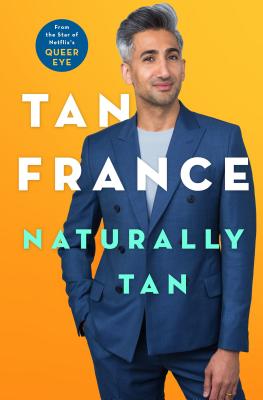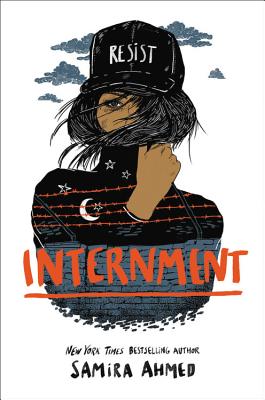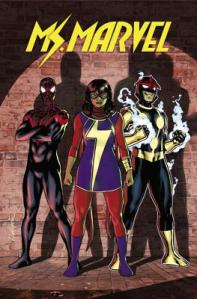by Hena Khan
First sentence: “As I reach for a pair of silver earrings that my best friend, Soojin, might like, Zohra smacks my hand away.”
Support your local independent bookstore: buy it there!
Others in the series: Amina’s Voice
Content: There is some talk of “liking” boys. It’s in the middle grade (grades 3-5) section of the bookstore.
Amina has spent the last month or so in Pakistan visiting her family. She’s enjoyed her stay, though there are frustrating things: she doesn’t speak Urdu well, and everyone would rather practice their English than let her practice her Urdu. And, even though her family is Pakistani, she feels, well, too American.
But when she gets back home and starts seventh grade, no one seems interested in her trip and her stories. On top of that, for her history project, she chose to research Malala Yousafzai, but her classmates only want to focus on the negative parts of the story How is Amina going to keep her promise to her uncle to champion the good things about Pakistan?
Amina struggles with balancing the two parts of her life: the side that loves Pakistan, and her family and her faith; and the side that feels American and loves living here as well.
I love how Khan balances the conflict within Amina; it must be what many children of immigrants feel. I liked that there was a boy that Amina was friends with, and in spite of her friends thinking there was something “more”, all it was is friendship. It was refreshing to read about a seventh grader who wasn’t looking for a boyfriend. I was thoroughly charmed by this sone, and by Amina. I hope there are more stories of hers to tell.










